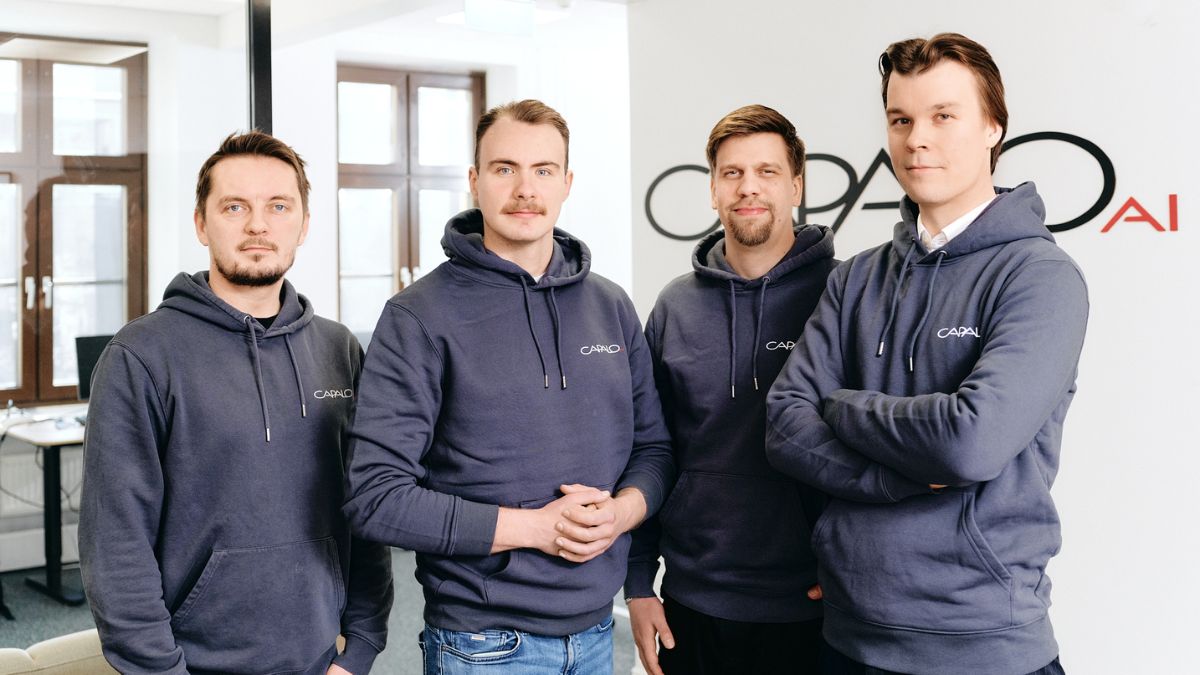“Consumers’ demand for fish is increasing at an annual rate of 5–7 per cent. As the scope of marine fishery cannot be increased to any significant extent, fish farming is the only answer to growing demand. PaRAS solves many problems associated with recirculation aquaculture systems (RAS) and enables production to be more competitive than at present,” says Tapio Kiuru, Senior Aquaculture Expert, who will transfer from Luke to PaRAS Aqua.
The market of land-based aquaculture production was estimated at slightly below USD 5 billion in 2022. By 2029, its value is even expected to double, with annual growth being more than 10 per cent (MarketReportsWorld).
The new modular and lighter RAS technology has already attracted broad interest both nationally and internationally. As Finland’s most recent farm projects have been based on foreign technologies, a Finnish company offering Finnish technology is more than welcome to the market.
“Our goal is to become a major international player, but we will start by gaining a foothold in Finland because here we have the home-field advantage. However, internationalisation is vital for our company,” Tapio Kiuru says.
The food technology fund Nordic Foodtech VC is the lead investor for the startup. “We are really pleased to pave the way for this innovation. Currently fish is in high demand and also highly nutritious, but growing it at sea is not without problems from an environmental point of view. A recirculation aquaculture solution minimises environmental impact, and the PaRAS concept carries the RAS technology significant leaps forward,” says Pekka Siivonen-Uotila from Nordic Foodtech.
More effective production at lower costs
The PaRAS concept features several innovations that help reduce equipment procurement and operating costs and increase the production output. A fish farm based on the PaRAS concept consumes significantly less energy than current RAS farms, and its feed efficiency is improved even by tens of per cent.
A modular farm is quick to set up, and its size can be easily increased as required. Establishing a farm does not require as extensive groundwork as current solutions, as no underground pipes are used.
The solution is also highly effective in terms of the space required. Water treatment has been integrated into the tank wall structures, and no expensive and space-consuming bioreactors are needed. Furthermore, the off-flavour risks associated with bioreactors have been eliminated, which is why fish fasting is not required before sales. As a result, more fish are available for sale and no separate fasting tanks are required.
Luke’s research infrastructure and IPR team in a key role
Luke has tested and developed the PaRAS concept for four years, producing more than 30 tons of fish. Business Finland’s Research to Business funding helped finalise the concept for commercialisation.
“PaRAS could not have been developed in any organisation other than Luke. Luke’s research infrastructure enabled testing on a production scale, quickly giving us reliable information about real-life application opportunities. The support given by Luke’s IPR team has been vital on the innovation’s commercialisation path,” Tapio Kiuru says.
“PaRAS Aqua Ltd. is Luke’s first startup company originating from a Research to Business project, and we expect to remain on this path in the future to create new opportunities for business at Luke,” says Pauli Saarenketo, IPR Manager at Luke.
Additional information:
Tapio Kiuru, PaRAS Aqua Ltd.
+358 40 750 1883, tapio@parasaqua.fi
Pauli Saarenketo, Manager, IPR, Natural Resources Institute Finland (Luke)
+358 29 532 6569, pauli.saarenketo@luke.fi
Photo: Jussi Judin

